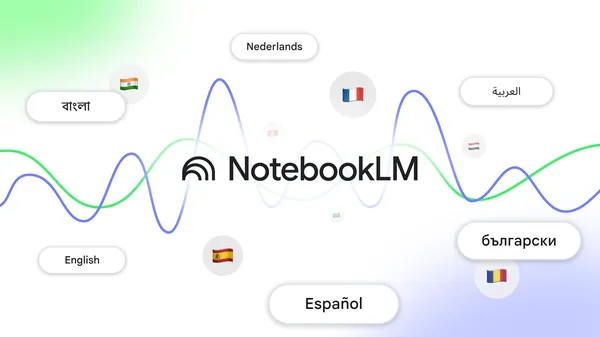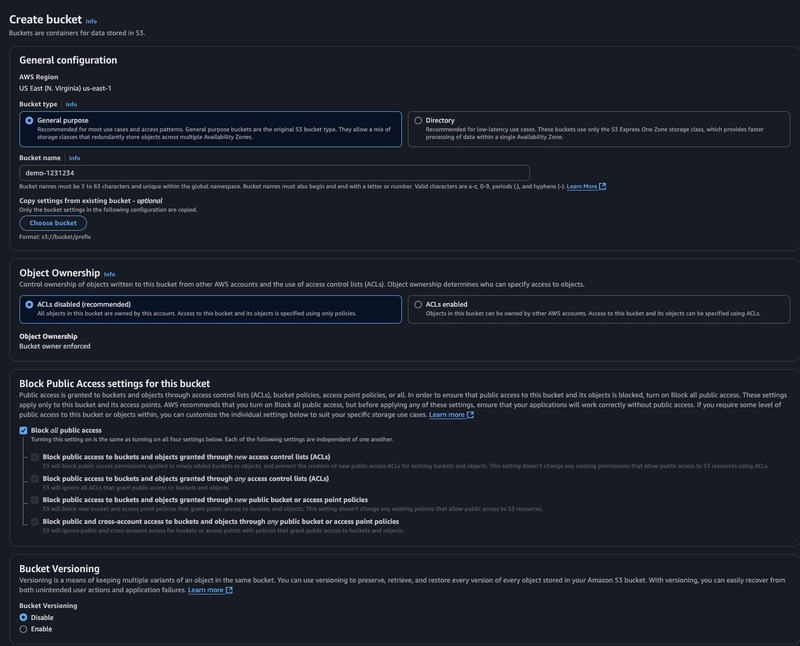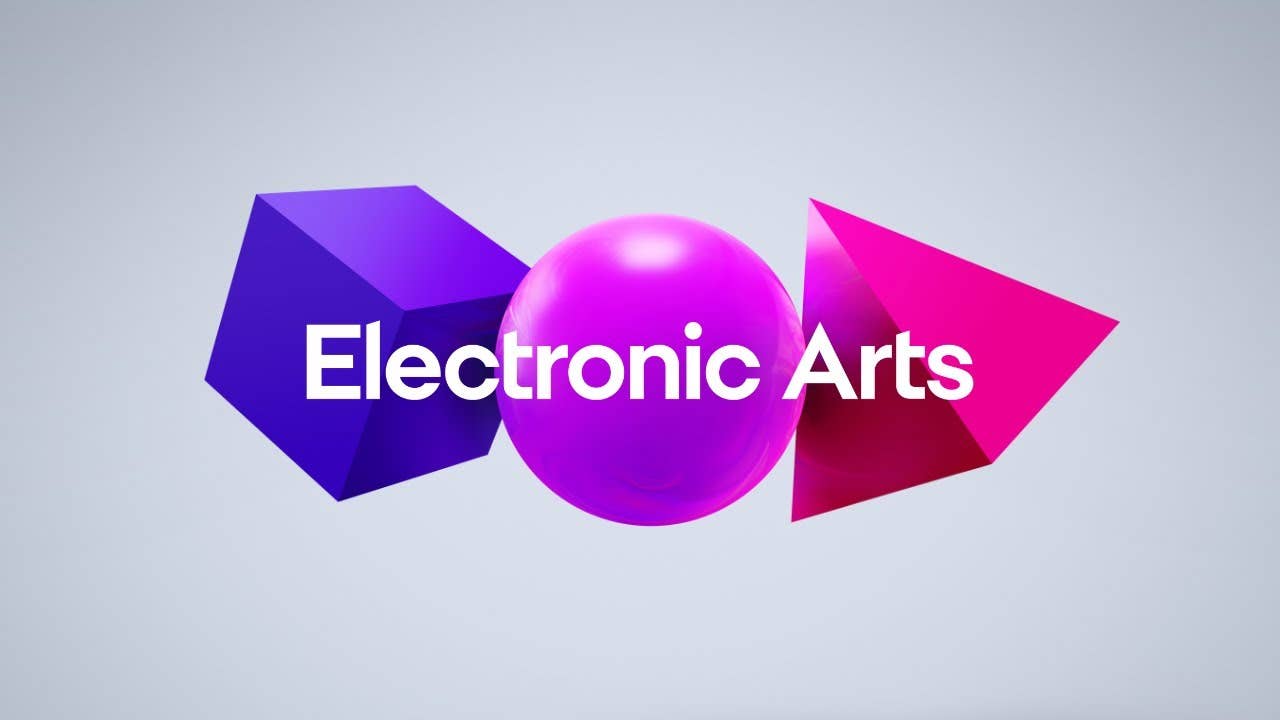GitAuto Strengthens Code Security By Automating QA At Scale
In the current software landscape, security breaches caused by untested or poorly tested code are both common and costly. While automated testing is often cited as a best practice, it remains inconsistently applied due to the manual overhead required. GitAuto, an autonomous QA agent developed by engineer-turned-founder Hiroshi Wes Nishio, is changing this by fully […] The post GitAuto Strengthens Code Security By Automating QA At Scale appeared first on Cyber Security News.

In the current software landscape, security breaches caused by untested or poorly tested code are both common and costly.
While automated testing is often cited as a best practice, it remains inconsistently applied due to the manual overhead required.
GitAuto, an autonomous QA agent developed by engineer-turned-founder Hiroshi Wes Nishio, is changing this by fully automating the test creation and maintenance process. In doing so, it improves software security from the inside out.
QA And Security: A Critical Overlap
Modern security vulnerabilities frequently originate from overlooked edge cases in application logic. Unverified input handling, untested conditional branches, and missing integration scenarios can expose critical surfaces to exploitation.
According to research from GitHub Security Lab and OWASP, a large percentage of preventable vulnerabilities could be caught earlier through comprehensive testing, if the coverage existed.
GitAuto directly addresses this gap by identifying sections of code lacking test coverage and autonomously generating appropriate unit and integration tests.
Unlike passive suggestion engines such as GitHub Copilot, GitAuto actively monitors CI workflows, parses test reports, and initiates testing tasks without human input.
This shift from reactive to proactive QA introduces security checks earlier in the development lifecycle, where they are most effective.
Automating Secure Testing Workflows
GitAuto functions as a fully autonomous agent within a GitHub environment. Its process begins by analyzing coverage reports from GitHub Actions and GitHub Artifacts.
It then maps out untested files and functions, opens GitHub Issues with detailed context, generates relevant tests, opens pull requests, and runs the tests automatically.
If tests fail, GitAuto corrects them and re-tests until they pass.
Unlike generic AI tools that may hallucinate invalid code, GitAuto combines AI-generated diffs with rule-based logic to stay aligned with repository structure and coding conventions.
It uses configuration files to understand the repository’s structure, examines naming conventions, and reuses fixture patterns.
This methodical approach enables GitAuto to handle complex codebases, including legacy systems often considered too risky to modify manually.
Security teams benefit from GitAuto’s compatibility with GitHub’s native permission model.
Sensitive tokens, environment variables, and test execution contexts remain fully within GitHub Actions infrastructure.
GitAuto limits data access to only what is required for each task, and all test coverage artifacts are accessed exclusively through GitHub’s secured artifact storage.
This makes it a practical fit for teams operating in regulated industries or under strict internal security controls.
Adoption Across Security-Critical Industries
As of April 2025, GitAuto has been deployed by over 220 organizations, including companies in the IT services, automotive, financial services, payments, and database sectors.
Each of these industries faces unique security concerns. For instance, a leading IT outsourcing firm has adopted GitAuto as part of their workflow when building financial and logistics systems for large enterprise clients.
These projects often involve complex integration code and rapidly changing specifications, where insufficient test coverage can lead to costly regressions.
By automating test case generation across multiple modules, GitAuto has helped them improve delivery quality and reduce incidents in production.
While traditional manual QA workflows require coordination across developers, testers, and DevSecOps teams, GitAuto compresses that cycle.
It generates dozens or even hundreds of test cases in parallel, dramatically reducing the lead time for new coverage.
In some cases, companies have reported test velocity improvements of five to ten times compared to their previous processes.
A Founder With Security-First Experience
Hiroshi Wes Nishio, the founder behind GitAuto, brings an unusually security-focused background to the AI coding space.
Before launching GitAuto, Nishio worked in investment banking and later led digital transformation at a billion-dollar Japanese retail group.
There, he managed security-critical system integrations, including secure data transfers, IP whitelisting, and audit trail implementations across distributed teams.
In 2021, Nishio founded Suchica, where he created a Slack-based AI assistant that rapidly scaled to over 600,000 uses.
While working with healthcare clients, he implemented HIPAA-aligned practices, negotiated Business Associate Agreements, and integrated AI services under strict compliance standards.
These experiences informed GitAuto’s emphasis on reliability, safety, and trustworthiness in code automation.
Demonstrated Security Leadership With Slack
Nishio personally led a third-party penetration test of “Q,” his other Slack-integrated AI assistant product, in collaboration with Slack’s platform team.
He took direct responsibility for addressing all areas tested including database API design, session enforcement, and secure HTTP headers.
He implemented scoped token architecture, tightened access control logic, and deployed CSP (Content Security Policy) and HSTS (HTTP Strict Transport Security) headers.
This hands-on experience shaped his security-first mindset, which now underpins GitAuto’s architecture and operational safeguards.
Recognized By The Global AI Community
GitAuto was selected as one of the Top 20 global AI agents in the AI Agents Global Challenge hosted by Agentplex Ventures.
The competition focused on real-world enterprise applications of AI agents, with cybersecurity highlighted as one of six core challenge categories.
The judging panel featured industry leaders including Capital.com CEO Viktor Prokopenya, CMU Adjunct Professor and Sancus Ventures founder Lake Dai, and Blitzscaling Ventures partner Jeremiah
Owyang. GitAuto was recognized for its autonomous QA capabilities and its direct relevance to secure software delivery in regulated and high-risk environments.
The Security Road Ahead
Security experts increasingly acknowledge that quality assurance is a prerequisite for secure software. As DevSecOps practices mature, tools that automate and scale defensive coding practices are gaining urgency.
GitAuto’s design aligns directly with this trend. Rather than adding a new layer of security tooling, it strengthens the foundational codebase by ensuring predictable and comprehensive testing coverage.
In a landscape where AI-generated code can inadvertently introduce vulnerabilities, GitAuto offers a counterbalance.
It acts as an AI agent that reinforces stability, accountability, and verification.
For teams seeking to embed security earlier without expanding headcount or compromising velocity, GitAuto represents a practical and forward-looking solution.
The post GitAuto Strengthens Code Security By Automating QA At Scale appeared first on Cyber Security News.





























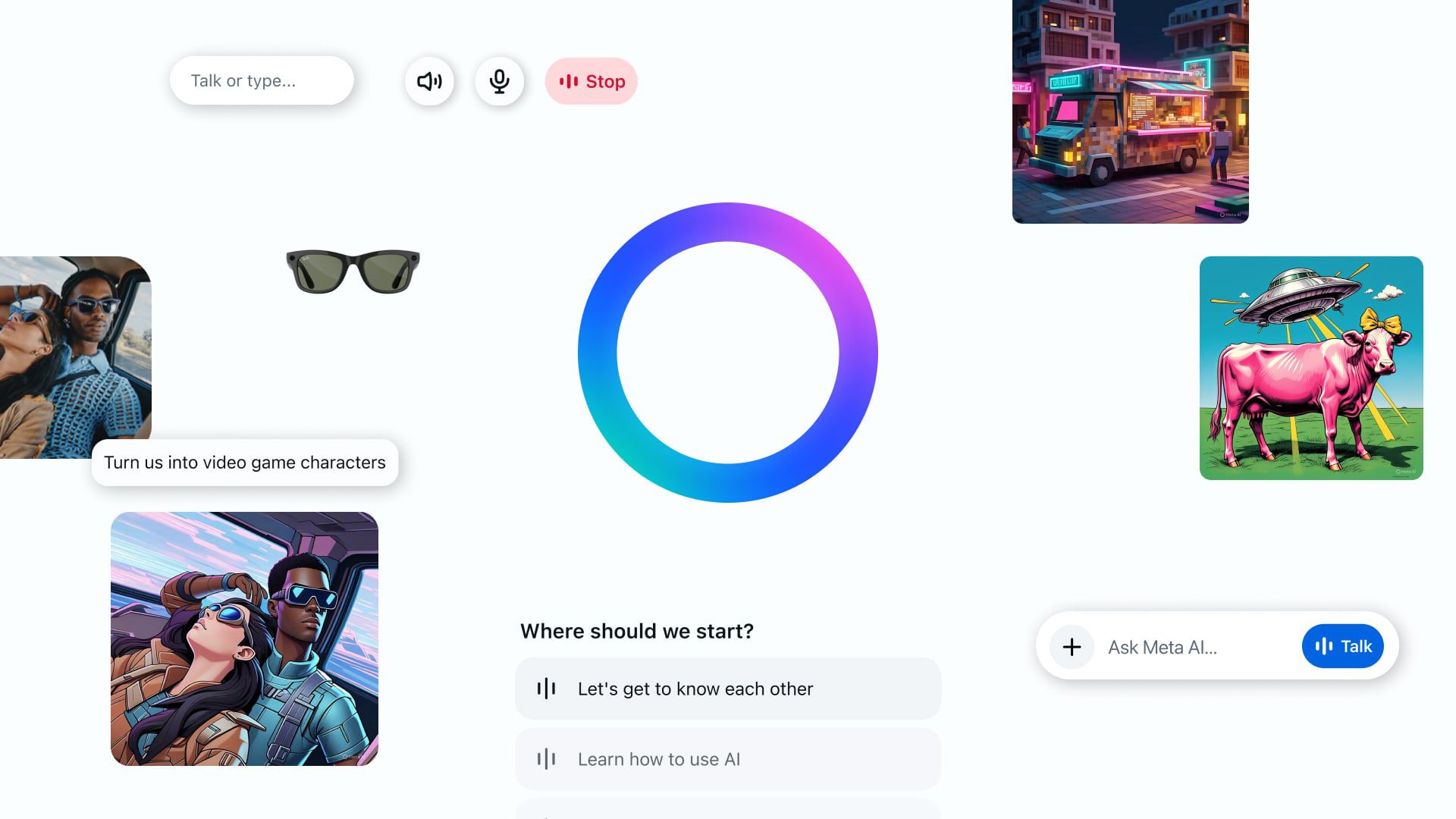
























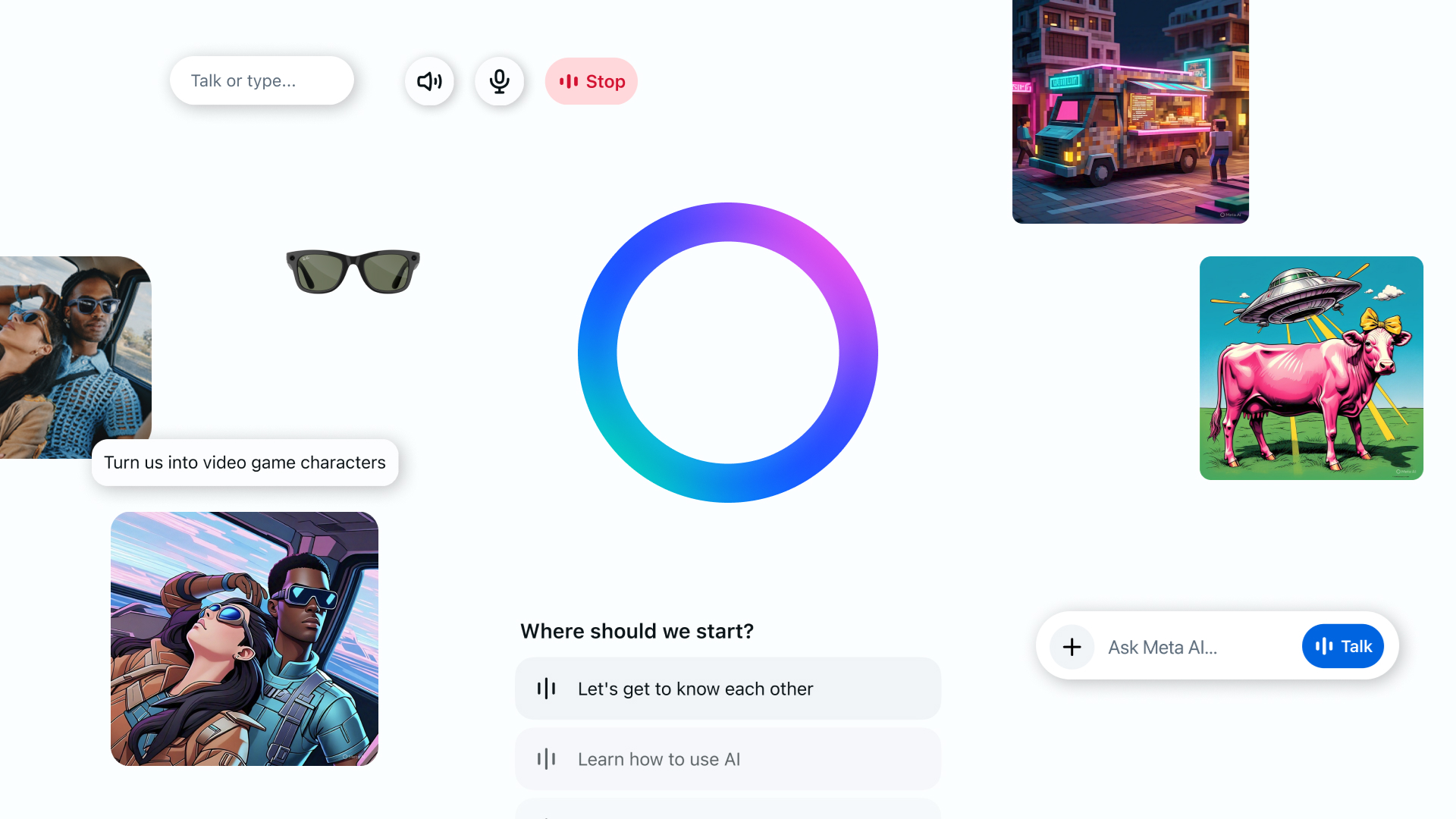

















![Apple Restructures Global Affairs and Apple Music Teams [Report]](https://www.iclarified.com/images/news/97162/97162/97162-640.jpg)
![New iPhone Factory Goes Live in India, Another Just Days Away [Report]](https://www.iclarified.com/images/news/97165/97165/97165-640.jpg)


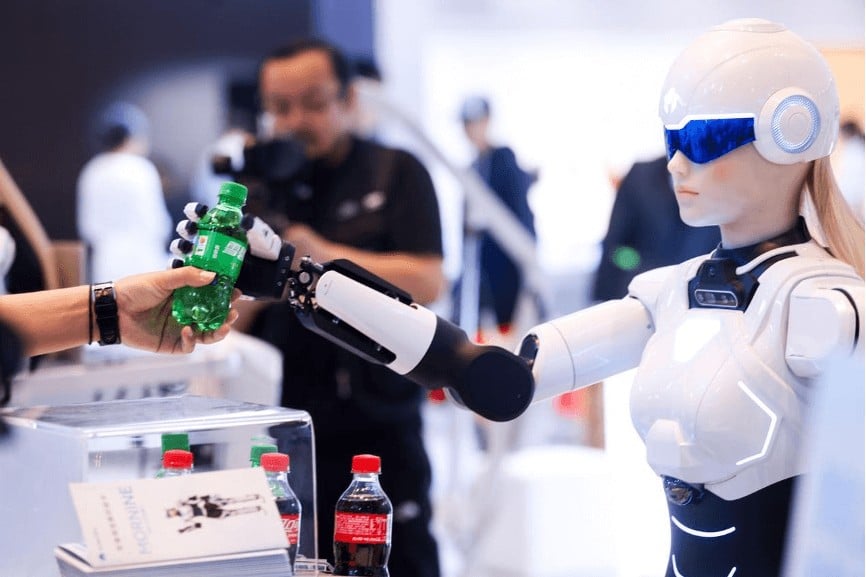

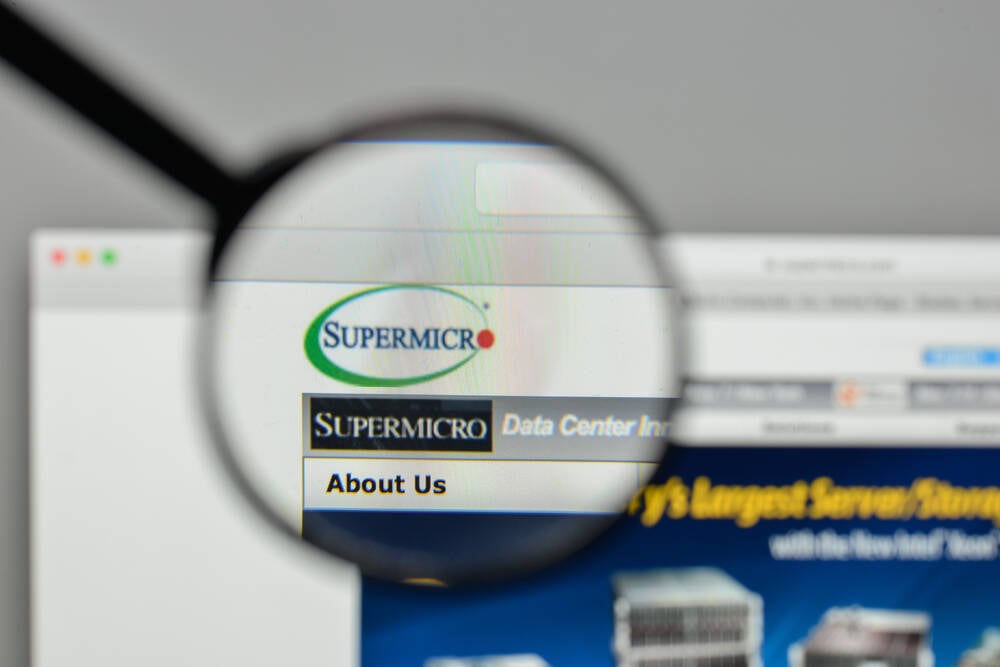

















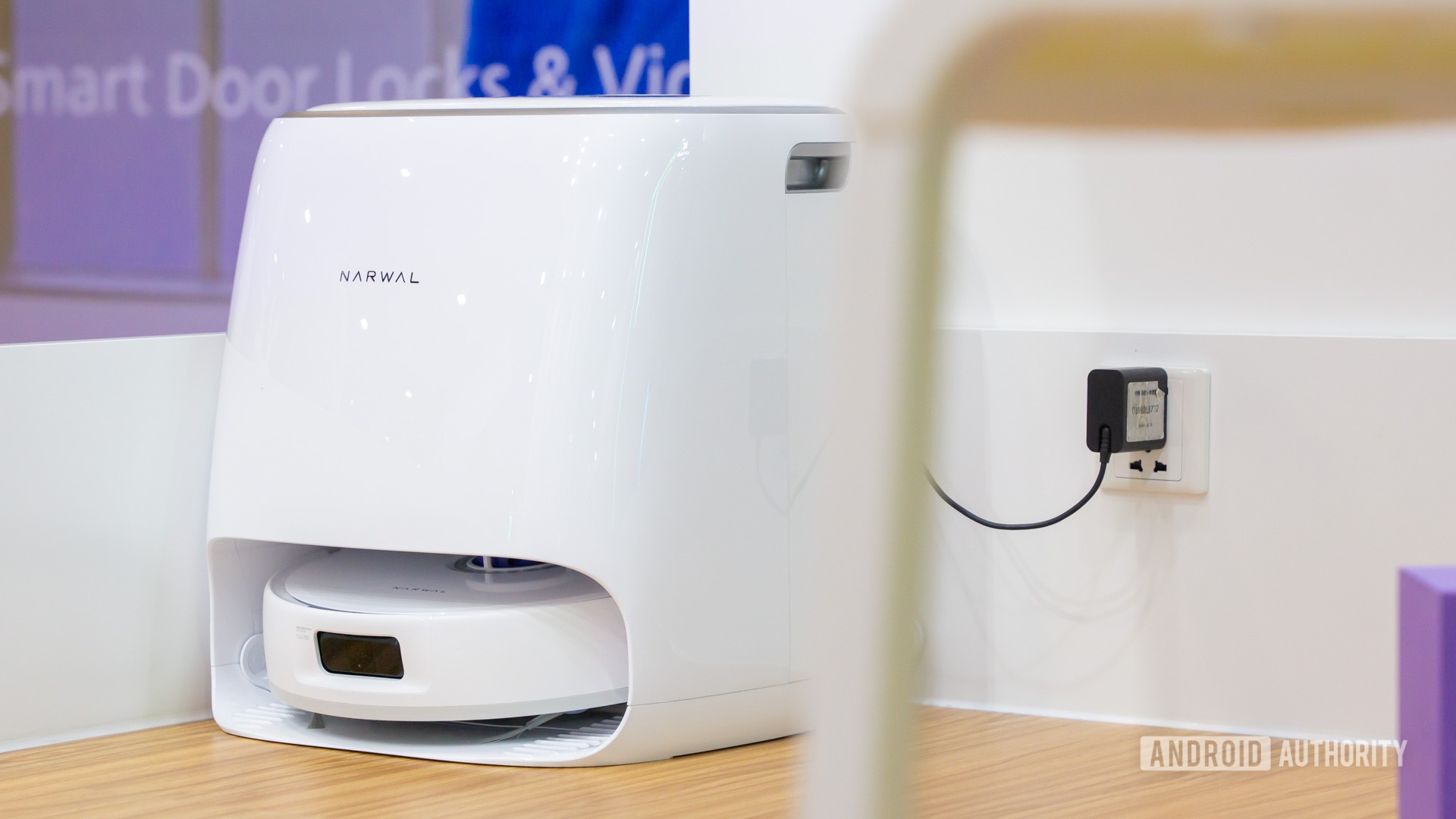









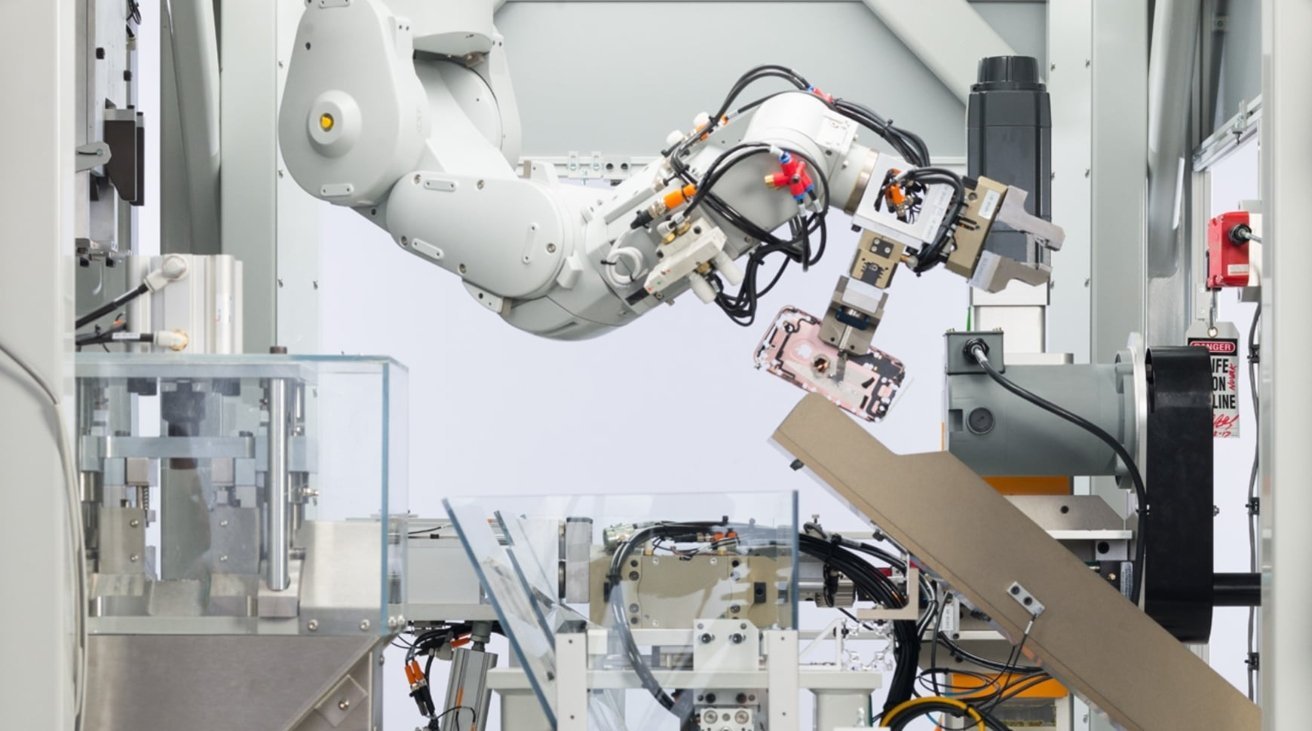


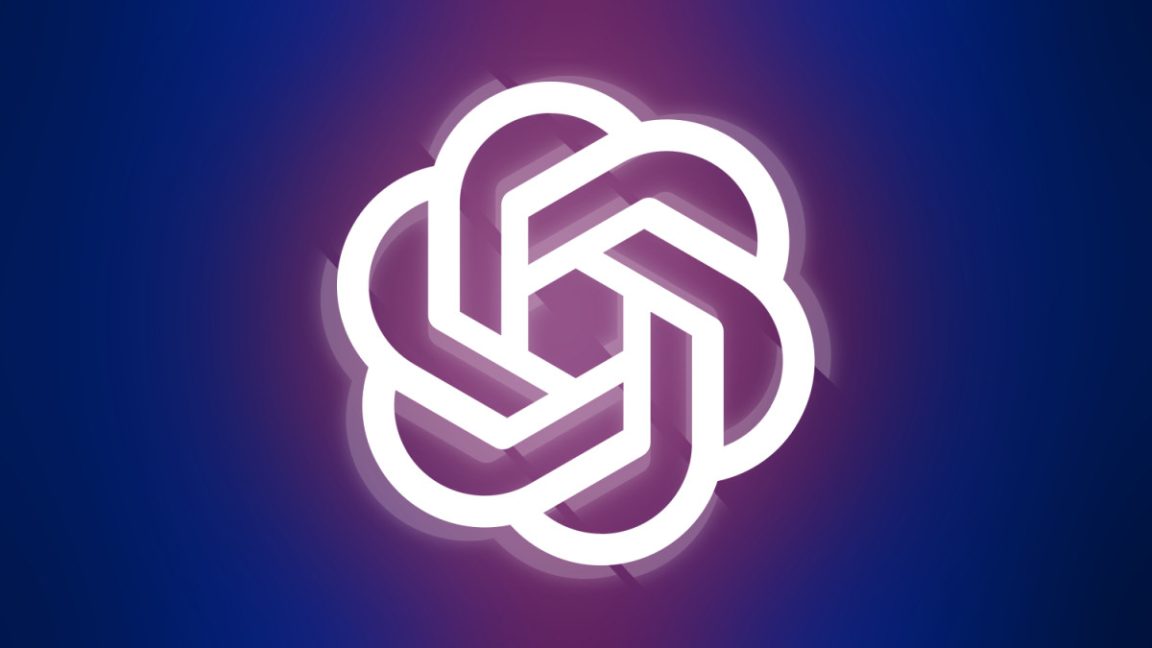





















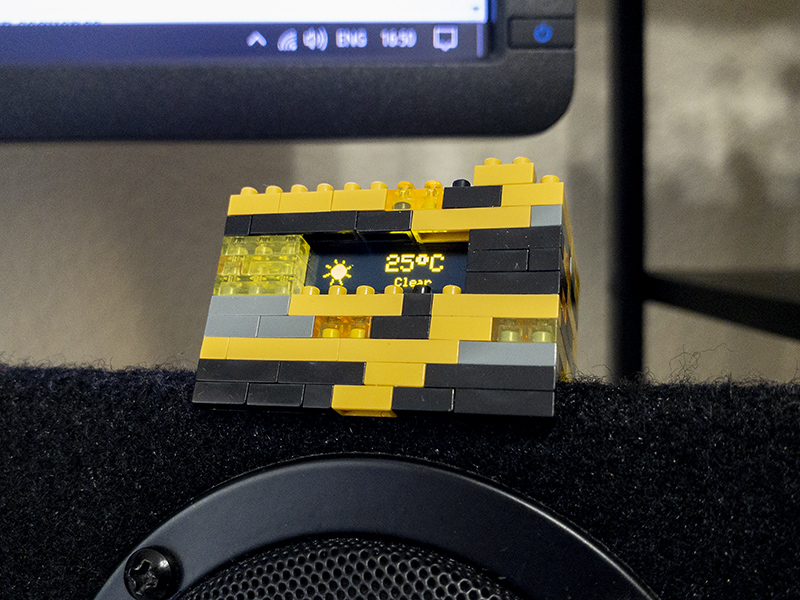
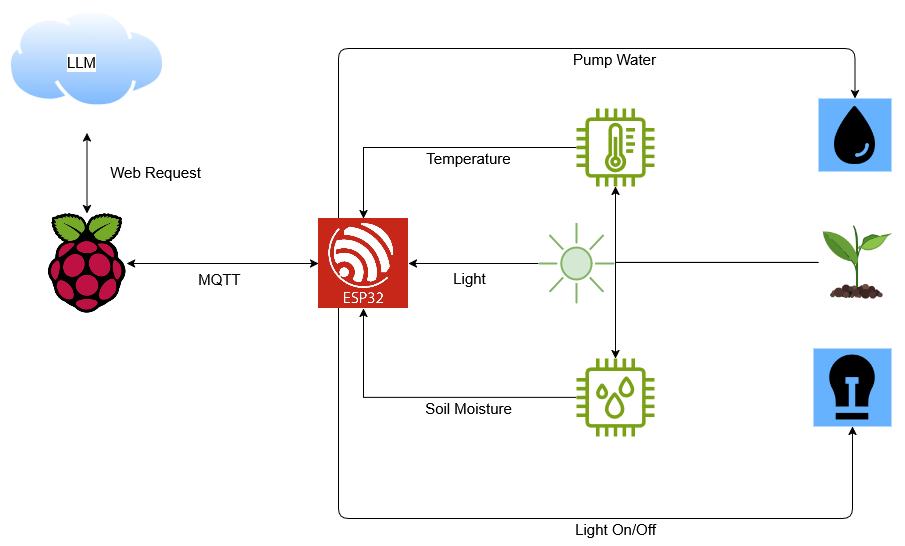

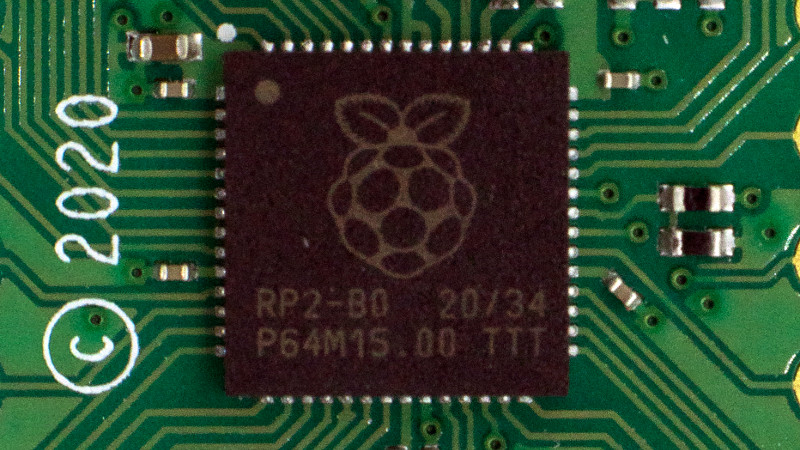


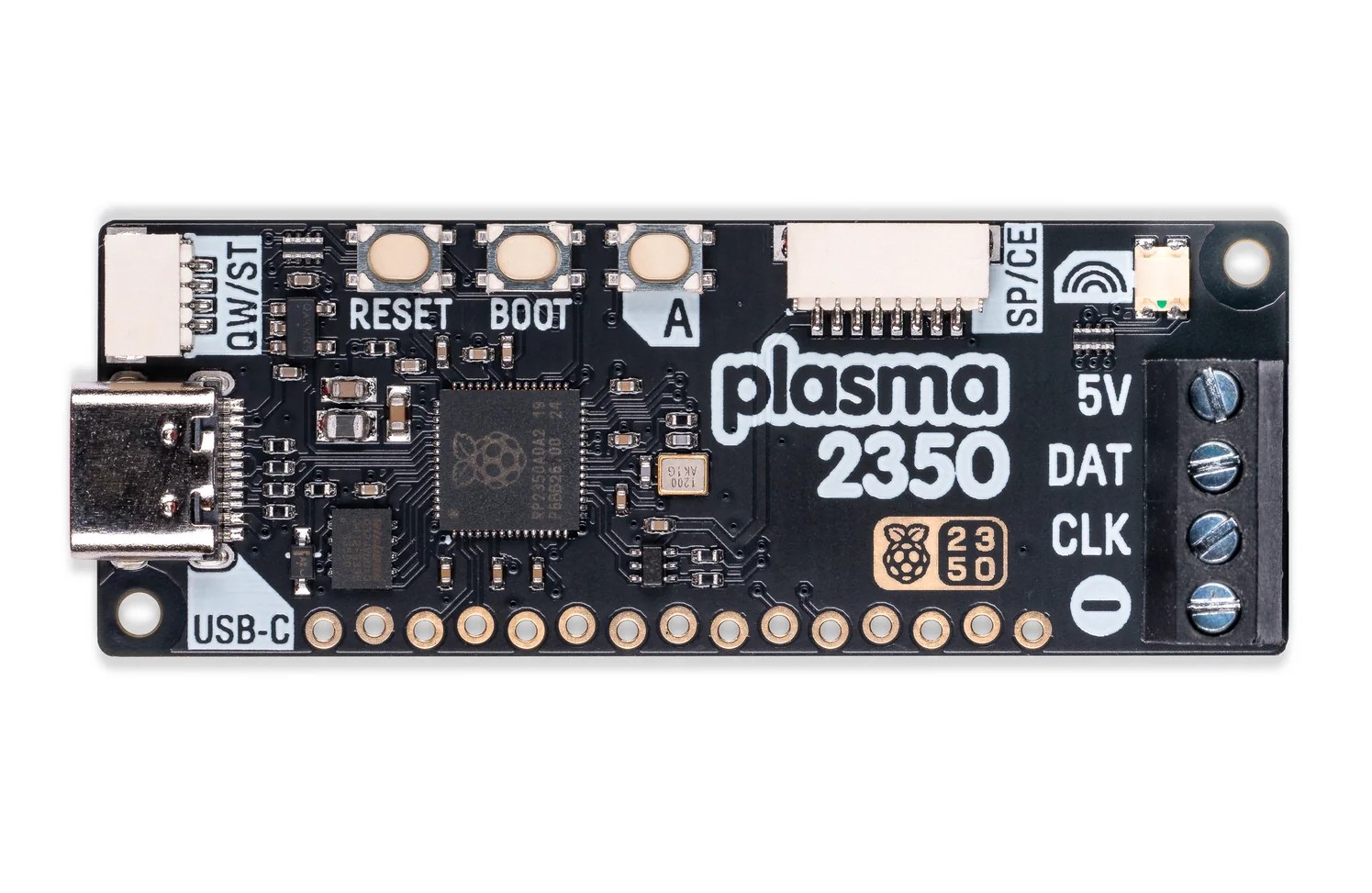












































































































































































![[The AI Show Episode 145]: OpenAI Releases o3 and o4-mini, AI Is Causing “Quiet Layoffs,” Executive Order on Youth AI Education & GPT-4o’s Controversial Update](https://www.marketingaiinstitute.com/hubfs/ep%20145%20cover.png)






















































































































